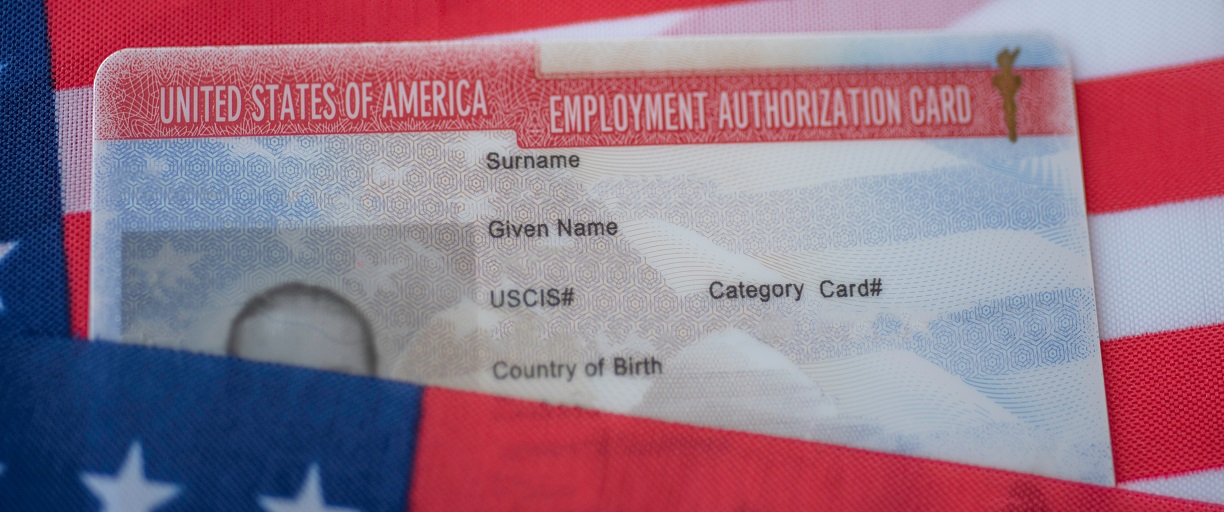U.S. workers are losing their jobs due to bureaucratic delays at U.S. Citizenship and Immigration Services (USCIS), despite an economy desperate for workers. Asylum seekers wanting to renew their employment authorization documents are often waiting for upwards of a year for renewal, resulting in job loss and associated benefits.
On Wednesday, five workers filed a nationwide class action lawsuit on behalf of themselves and other workers suffering from U.S. Citizenship and Immigration Services’ unlawful delays. The workers are represented by the American Immigration Council, the Asylum Seeker Advocacy Project (ASAP), and Lakin & Wille LLP.
Plaintiffs are a medical doctor treating underserved rural populations, a long-haul truck driver, a food services manager, a technology worker, and a behavioral health care worker for special needs children. Despite nationwide shortages in each of these industries, the plaintiffs have lost or will lose their jobs in coming days because USCIS has delayed renewing their work authorization, despite their timely filing for renewal.
One of those workers is Dr. Muradyan, who lost her positions at two rural hospitals, where she cared for COVID victims. Now she has lost financial support for her family, and she faces an irreparable interruption in her residency. Another plaintiff, who is eight months pregnant, will lose her job as a manager at McDonald’s and health benefits shortly before giving birth if USCIS fails to reauthorize her employment in the next few days.
For asylum seekers asking to renew their employment authorization, USCIS has already determined that they are authorized to work under the immigration regulations. Renewal is a simple, straightforward process—despite the extreme delays on the agency’s end.
This loss of work authorization is occurring while the United States is facing a widespread national worker shortage. In August 2021, the U.S. Labor Department reported that there were 10.4 million job openings, whereas the number of individuals leaving employment rose to 4.3 million, the highest monthly level reported since December 2000. Leading economic experts have long maintained that authorizing immigrants, like asylum seekers, to work can play a critical role in ameliorating labor shortages.
Unsurprisingly, lack of work authorization acutely affects these asylum seekers’ ability to support themselves and their families, putting them in financial peril. But they also experience cascading harms without an employment authorization document. They lose employment-based benefits like health insurance, and the document itself is a prerequisite to receiving driver’s licenses and other state aid.
These delays also affect a community for whom stability is critical. For the plaintiffs, losing their work authorization has resulted in anxiety, loss of sleep, and depression, and has interrupted necessary treatment to address mental health challenges that are common for survivors of persecution.
This is bureaucracy at its worst. We hope that USCIS reassesses its priorities to support asylum seekers and the U.S. economy.
FILED UNDER: USCIS


